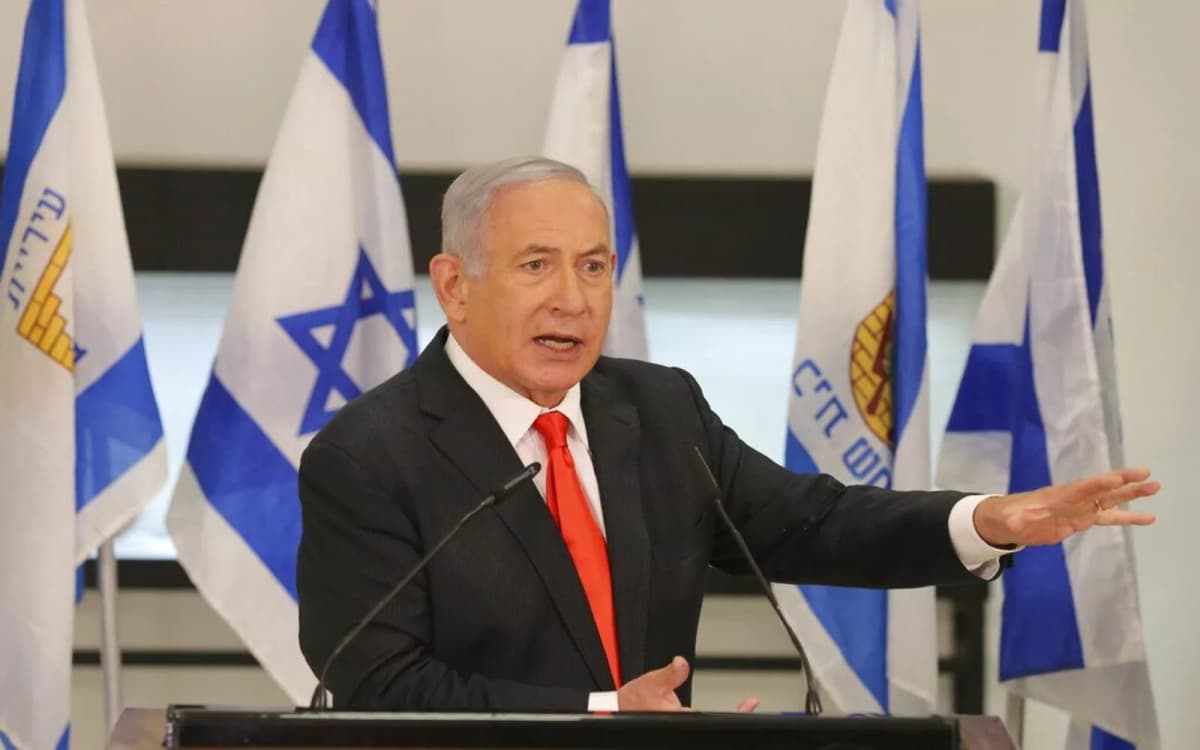Israel is finding itself increasingly isolated on the global stage as a growing number of countries extend formal recognition to the State of Palestine, even as the war in Gaza rages on with no end in sight.
The conflict, now in its second year since the October 7 Hamas attack, has seen relentless Israeli bombardments that have levelled much of Gaza and displaced more than 95 per cent of its population.
Despite mediation attempts led by Qatar, airstrikes have continued, pushing the Palestinian death toll beyond 65,000.
Prime Minister Benjamin Netanyahu has dismissed international appeals for a two-state solution, maintaining that Israel is waging a campaign against Hamas fighters. Yet the overwhelming majority of those killed have been civilians, including women and children.
In response, more governments have stepped forward to show solidarity with Palestinians by recognising their statehood. On Sunday, Britain became the latest to join the list. Prime Minister Keir Starmer, while making the announcement, said Britain recognised “the right of the Palestinian people to self-determination.”
He condemned what he described as “the man-made humanitarian crisis in Gaza” and expressed outrage over civilians being killed while waiting for food and water.
“This death and destruction horrifies us all. It must end,” he said in a video address. In a letter to Palestinian President Mahmoud Abbas, Starmer added: “A two-state solution remains the only pathway to a just and lasting peace for the region.”
Britain’s move was mirrored by Canada, Australia and Portugal on the same day. They joined France, New Zealand, San Marino, Belgium, Malta, Luxembourg and Andorra, bringing the total number of United Nations member states that recognise Palestine to 149 out of 193. The declaration of Palestinian statehood was first made by Yasser Arafat in Algeria in 1988.
The United States remains the most prominent holdout. During a visit to London, President Donald Trump openly criticised Britain’s decision, saying: “I have a disagreement with the prime minister on that score.” He is expected to outline Washington’s position in detail during his address to the UN General Assembly on Tuesday.
Observers say Netanyahu is leaning heavily on Trump’s backing as pressure builds from the international community.
On Sunday, Netanyahu vowed to retaliate diplomatically against nations recognising Palestine, accusing them of spreading “slanderous propaganda” and warning that such moves “endanger our existence and constitute an absurd prize for terrorism.”
In a video statement, the Israeli leader suggested that Israel’s next steps would be decided after his meeting with Trump next week, hinting at possible annexation of the occupied West Bank as a way of blocking a two-state outcome.
Analysts argue that without US support Netanyahu’s room to manoeuvre is limited, but with Washington behind him, he has continued to defy global outrage and sustain Israel’s military offensive in Gaza.

